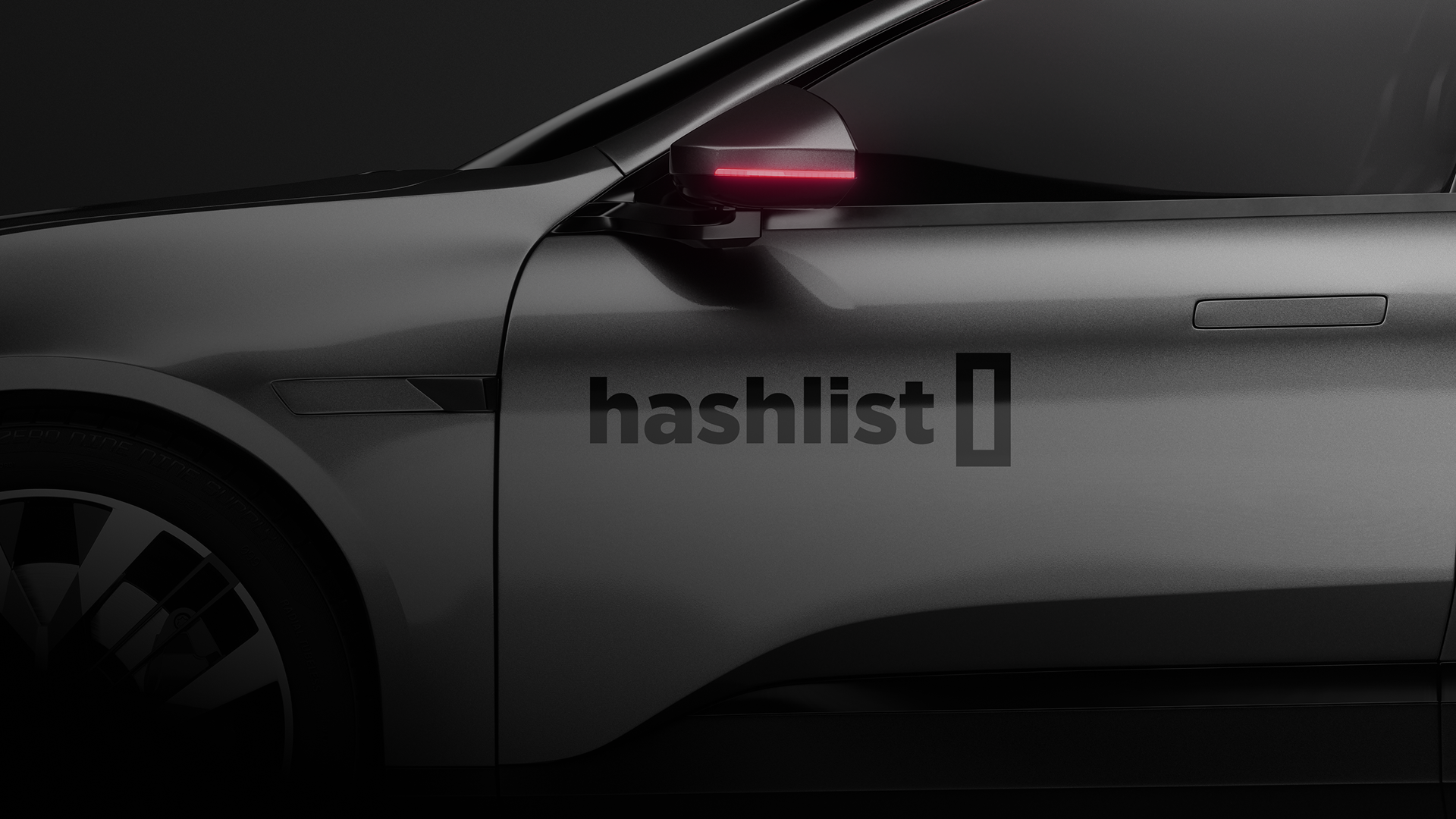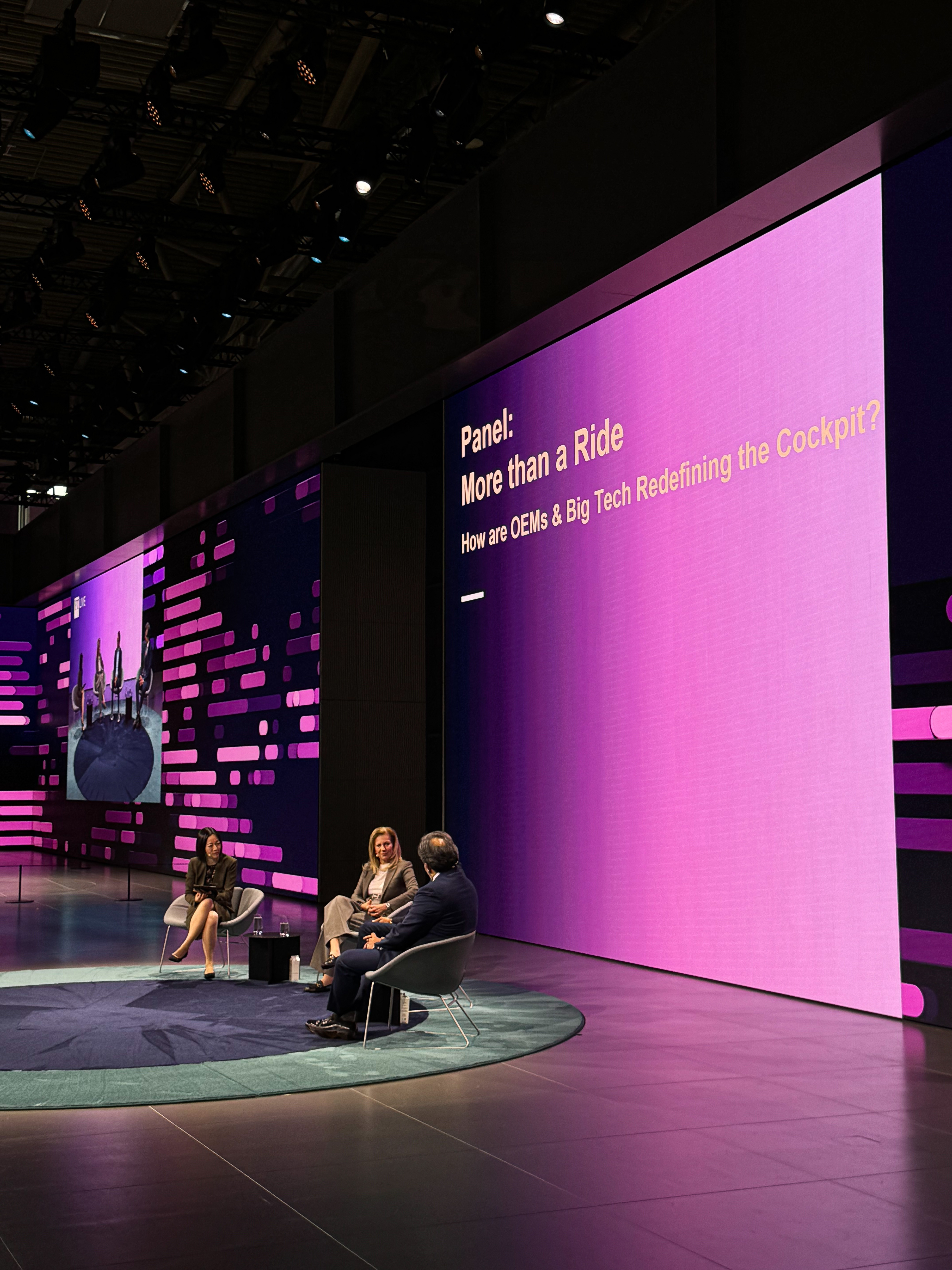Do Automakers with Formula Teams Create More Advanced Software for their Consumer Vehicle Businesses?
As the motor racing industry continues to push the boundaries of automotive technology, one might be tempted to draw a direct correlation between automakers' involvement in Formula racing and the advancement of software in their consumer vehicle businesses. After all, the high-speed world of Formula racing is a fertile ground for innovation, where cutting-edge software is not the exception but the norm.
However, the ties between these two facets of the automotive industry, while intriguing, are complex and multifaceted. The dynamics of Formula racing, with its unique performance requirements, high stakes, and intense competition, do not necessarily parallel the realities of developing consumer vehicles, which are shaped by factors such as market demands, cost-effectiveness, and a different set of regulatory constraints.
Certainly, automakers gain a distinct brand positioning advantage from their participation in Formula racing. This involvement in a high-tech, high-performance arena enables them to project an image of themselves as innovators and technology leaders. This image, in turn, may prompt a more significant emphasis on advancing software capabilities in their consumer vehicles, aligning product reality with the high-tech perception created by their Formula teams.
Additionally, the advanced research and development conducted for Formula racing are not completely isolated from the broader automotive sector. An apt illustration oft his is the collaboration between Mercedes-AMG Petronas Formula One Team and Mercedes-Benz on software technology for the Energy Recovery System (ERS). This sophisticated piece of software, which manages the energy flow from a car's hybrid system, demonstrates how development in Formula One can inform and enrich advancements in the road car world, as noted by Andy Cowell, former Managing Director at Mercedes-AMG High Performance Powertrains.
Nevertheless, it's essential to remember that the software needs and development paths for Formula racing and consumer vehicles are significantly different. The extreme performance requirements and conditions under which Formula cars operate mean that some of the specific software developed for these cars may not directly translate to, or be cost-effective for, consumer vehicles.
In conclusion, while there is potential for some crossover and correlation between automakers' Formula teams and the advancement of software in consumer vehicles, the relationship isn't as straightforward as it might seem. Factors like the overall investment in research and development, company strategy, market demands, and regulatory environment play a pivotal role in shaping the software landscape of consumer vehicles. Though Formula racing is a prominent force in technological innovation, it's important to understand that it constitutes only one element within the expansive network steering the technological progression of our everyday vehicles.





